Self Raising Flour is a type of flour that is commonly used in baking and is popular in the United Kingdom, Australia, and other countries. It is a versatile flour that is suitable for making a variety of baked goods, including cakes, scones, and biscuits.
Self raising flour is made by combining all-purpose flour with a leavening agent, typically baking powder, and a small amount of salt. The leavening agent helps the dough or batter to rise, giving baked goods a light and fluffy texture.
One of the advantages of using self raising flour is that it simplifies the baking process. Since the leavening agent is already included in the flour, there is no need to add additional baking powder or yeast to the recipe. This makes baking quicker and more convenient, especially for those who are new to baking.
Self raising flour can be used in a variety of recipes, but it is not recommended for recipes that require specific flour types or gluten content, such as bread. It is also not recommended for recipes that require a precise amount of leavening agent.
Self raising flour is a essential ingredient in many baking recipes and is a great option for those who want to simplify their baking process. Whether you are a beginner baker or a seasoned professional, self-raising flour is a versatile and convenient choice for all your baking needs.
| Energy (KJ) | 1380.0 kJ | ||
| Protein | 9.8 GRM | ||
| Fat – Total | 1.3 GRM | ||
| Fat – Saturated | 0.3 GRM | ||
| Carbohydrates | 68.1 GRM | ||
| Dietary Fibre | 4.2GRM | ||
| Sugar – Total | 0.5 GRM | ||
| Sodium | 910.0 MGM |

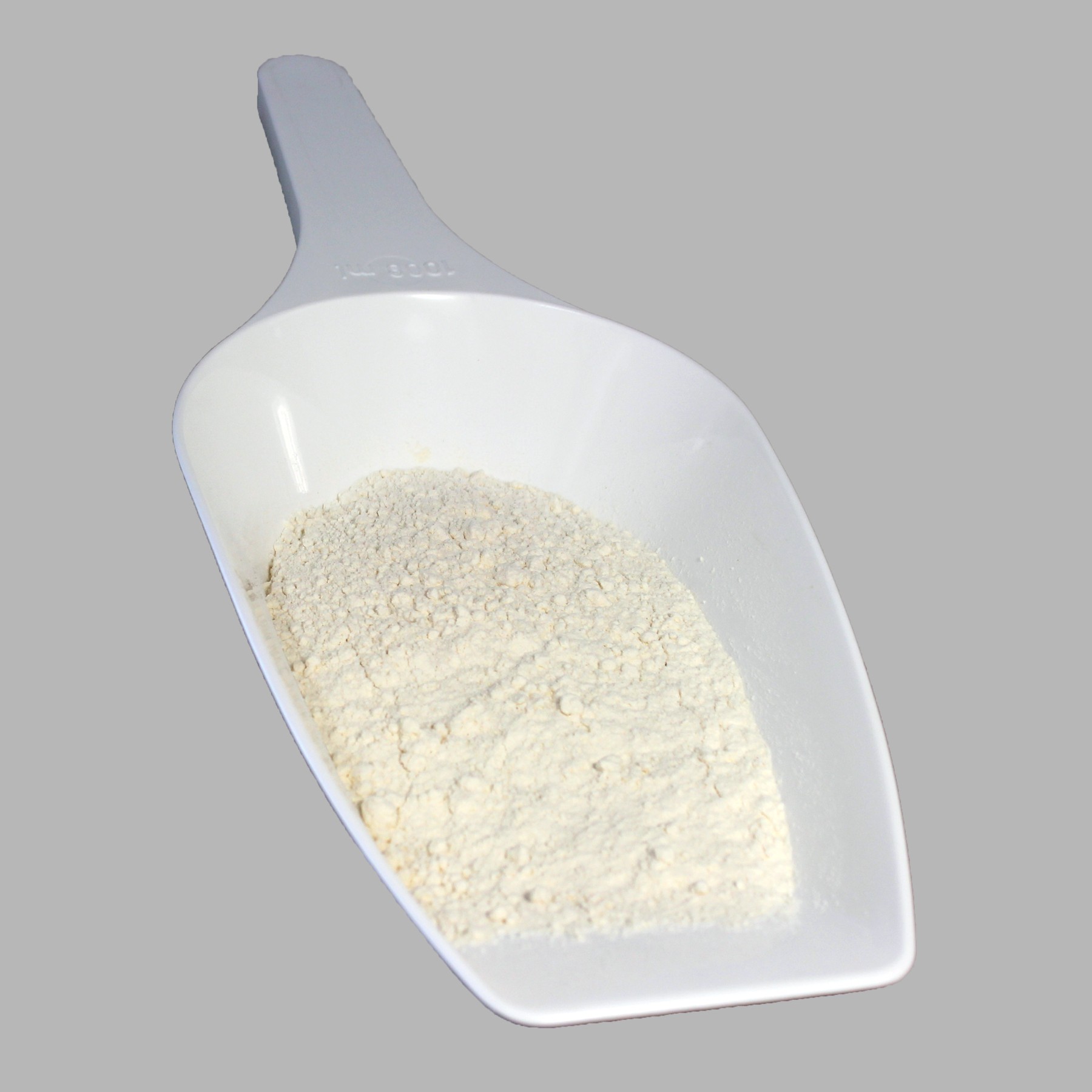
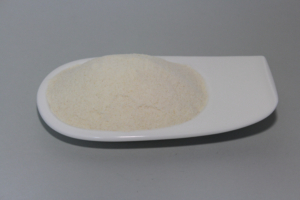
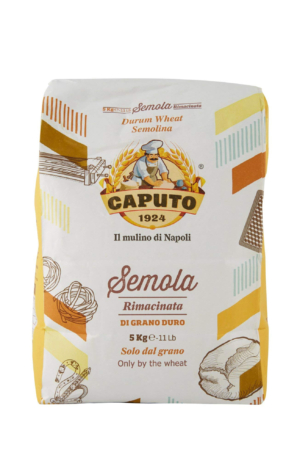
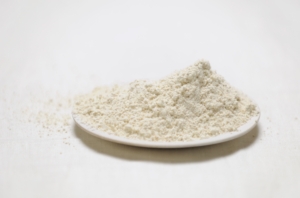
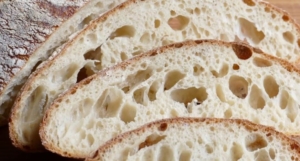



Reviews
There are no reviews yet.